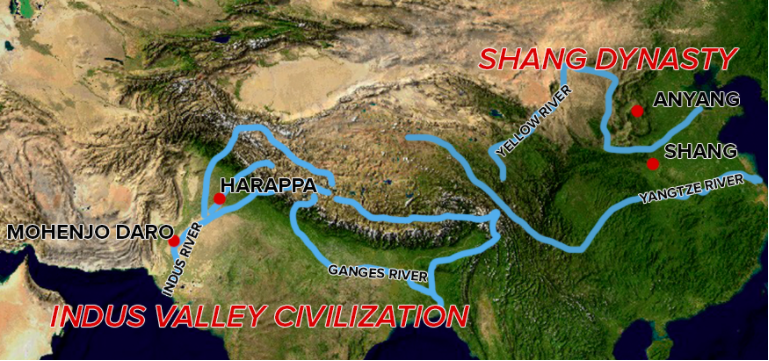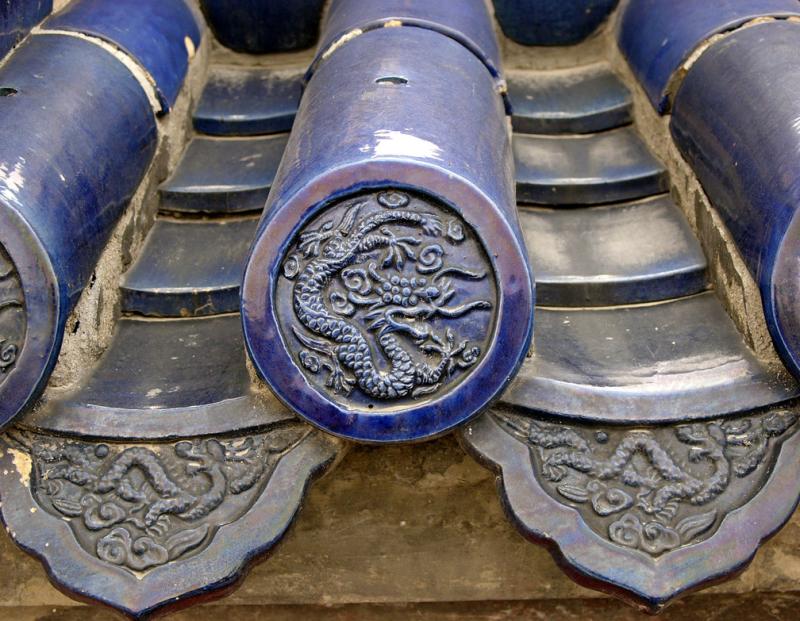Why not Tang, Ming, Song, Qin, Jin? Why did they pick Han period?
I have the assumption that the Chinese nationalists during the communist revolution took the idea from the Nguyen Dynasty. Since Chinese lost their culture to the Qing after 300 years rule, they looking to restore their culture and to drive out the Qing so they look for a source but why not restore Ming or, the Song? Because they don't have much sources of Song or Ming? This led to me thinking one of the nationalists was the Ming loyalist descendants have been living in Vietnam under the Nguyen Dynasty. So they just took from what the Nguyen referred themselves, or the Chinese nationalist was half mixed Hoa-Viet.
At the time of Qing there was a very blur border between Vietnam and China, people often confused themselves.
Similar during the period ousting the Mongol out of China one of the Chinese claimed to relate to the Vietnamese Tran Dynasty to use as the base to fight the Mongol.
Or was it the intention of the Chinese nationalists to include Vietnam as part of China after driven out the Qing therefore if Vietnam was part of China, they could easily claim well, they came from the Nguyen that would make China became a continuous inheritance of the Nguyen from Han to Nguyen? In the history of Vietnam and China one king claim to be a descendant of another dynasty very commons.
Obviously, modern Chinese and Vietnamese would not want any relationship with each other. So why do they liked to take thing from each other? Was it the ancient Chinese and Vietnamese concept sharing culture and are the same people?
A lot of western source claims Vietnam looked up from Chinese but the modern attitude of Vietnamese to Chinese is obviously the opposite thus it does not make any sense to me.








:max_bytes(150000):strip_icc()/GettyImages-167836905-56f5606d5f9b5829866482f0.jpg)
